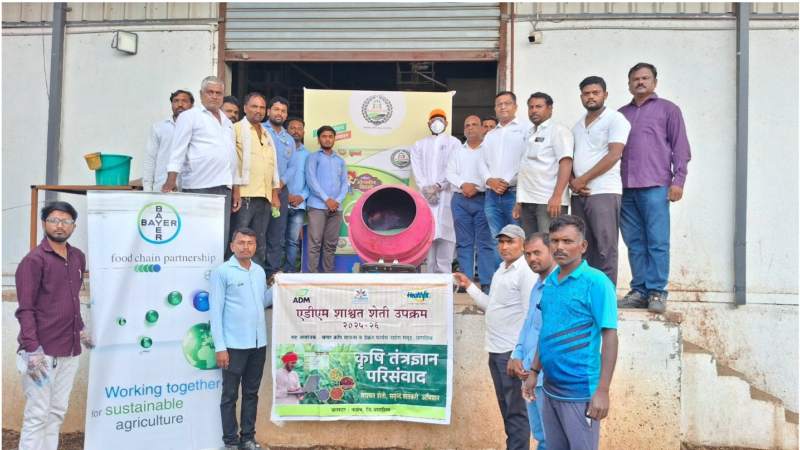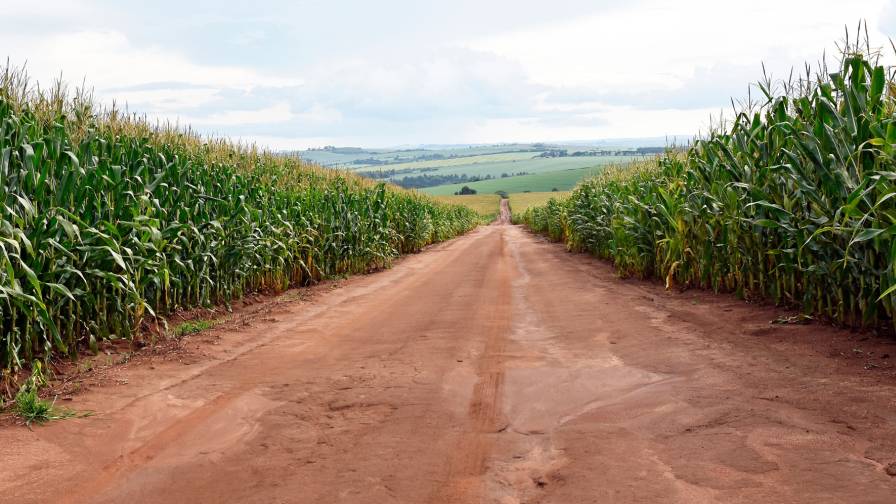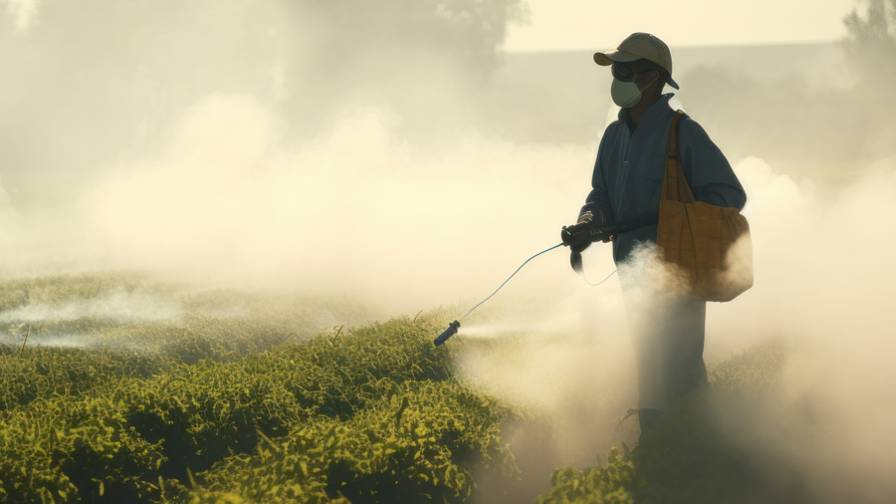The Real Deal For US Fertilizer
In 1987, when the Berlin Wall still separated East from West, the United States imposed antidumping duties on solid urea and ammonium nitrate from the Soviet Union and the Ukraine. Since then, farmers in the US have faced increasingly high prices for fertilizers.
This is unfortunate, since as all American farmers know, these inputs are critical to the production and competitiveness of US commodities. At the time, these antidumping duties were imposed to offset imports of fertilizer from the planned economies of the Soviet bloc.
But the Berlin Wall fell almost two decades ago, and the monolithic Soviet state has since disintegrated into the current market economy of the Russian Federation. Despite these changes, the antidumping duties still remain and these unnecessary and clearly outdated restrictions are now an impediment to an affordable and reliable fertilizer supply for US farmers and ranchers.
With Russia and the Ukraine emerging as two of the world’s most dynamic and competitive areas for fertilizer production and sources of fertilizer, the impediment to access is becoming a major problem. This is especially so given that farmers in other parts of the world, particularly Europe, have unfettered access to Russian and Ukrainian fertilizer. Viewed in this light, it becomes clear that the Cold War-era duties simply mean another regulatory burden on US farm competitiveness. As long as US farmers are forced to pay more for their fertilizer than farmers in other parts of the world, US commodities will find it harder and harder to compete in the global marketplace.
A Needed Change
Fortunately, US farmers have an opportunity for change. Last year, Russian manufacturers asked the US Commerce Department — which is responsible for setting antidumping and countervailing duty rates — to take another look at the 20-year-old measures. Specifically, several Russian companies have asked the Commerce Department to revise the antidumping duty rates to reflect the costs and prices of today’s market.
Yet, some — though, notably, not all — US fertilizer producers are opposed. Instead, they have asked the Commerce Department to find a new way to impose antidumping duties on Russian fertilizer. These US fertilizer companies have asked the Commerce Department to adjust the actual natural gas costs of Russian fertilizer producers and, in their place, come up with a higher, artificial cost that would ostensibly capture alleged subsidies in the Russian natural gas market.
Proper Channels
Normally, the Commerce Department would address any subsidy allegations only through a countervailing duty investigation. In these investigations, Commerce collects voluminous information on any alleged subsidies from the government itself, as well as from private companies.
Moreover, these investigations include numerous procedural safeguards to ensure that countervailing duties are imposed only when it is appropriate to do so. US courts have historically recognized the clear statutory line that distinguishes antidumping and countervailing investigations, and have long prohibited Commerce from using antidumping investigations as shortcuts to impose a countervailing duty.
That is why the efforts of some US fertilizer producers to get the Commerce Department to adjust Russian costs based on natural gas prices are so significant. To do so would be unprecedented. Moreover, it could be dangerous for US farmers, who would understandably be upset if foreign governments began imposing antidumping duties against US exports of beef, poultry, clothing, or biofuels on the grounds that these products were made from subsidized rice, soybeans, cotton, or corn.
Perhaps worst of all, it would mean that US farmers once again suffer the burdens of the Cold War.
Of course, this time, they would suffer alone, while their competitors enjoy the fruits of a new world order.





